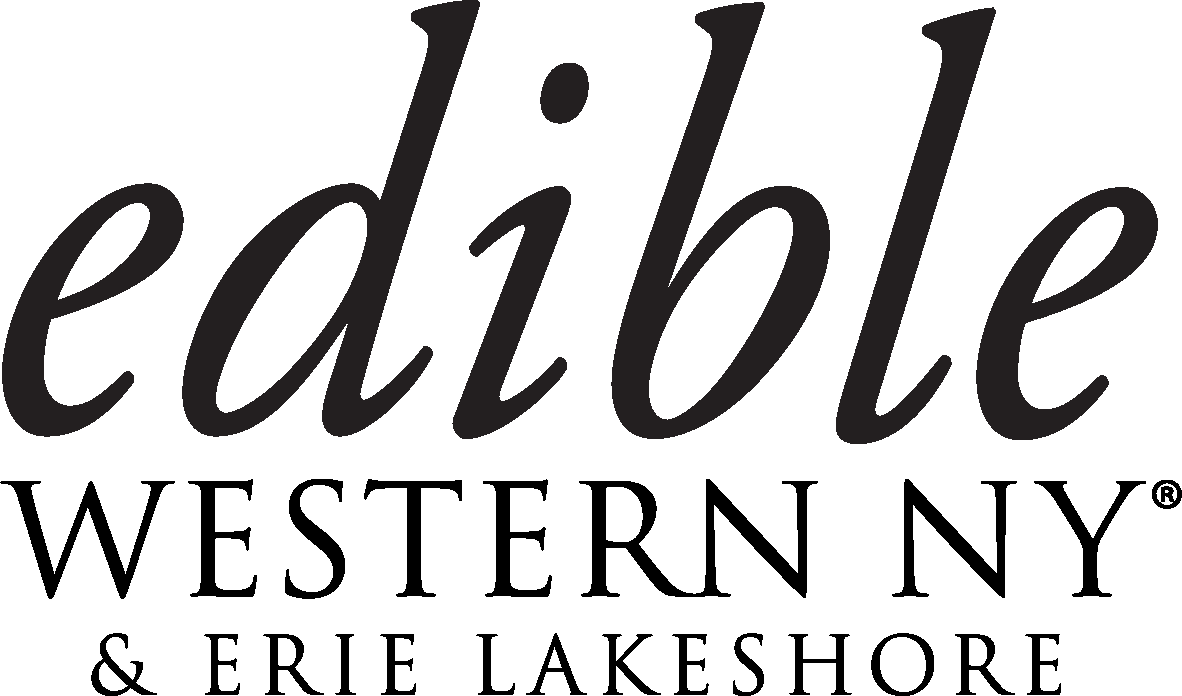So, You Want to be a Farmer?
The challenges of living in the city and the aftereffects of a global pandemic have you dreaming of an idyllic life in the country. Perhaps you’ll find a little bit of land where you can grow your own food and make some small-batch culinary crafts to sell at a local market. Is such a move feasible, and if so, where do you start?
“I get that question three to five times a week,” says Katelyn Walley-Stoll, business management specialist and team leader at Cornell Cooperative Extension’s Southwest New York Dairy, Livestock and Field Crops Program. “When the weather turns nice, it’s at least once a day.”
While we often think of farming as large-scale commercial operations, the U.S. Department of Agriculture (USDA) considers that small plots of land and gardens may be farms as well. That is, if the intention is to produce goods for sale. Having a farm can make moving from the city to the country a little more feasible, as there are some tax incentives for farm production, though maybe not right away. Farmers with $10,000 in gross sales can apply to reduce property taxes, and operating losses may offset non-farming income in total tax liability.
To act on your dream of owning a farm, Walley-Stoll recommends starting with your local extension office. There’s one in every county—Cornell Cooperative Extension in New York State and Penn State Extension in Pennsylvania. There you can work with a specialist like Walley-Stoll to formulate a plan, first taking an inventory of what you have and assessing what you’ll need.
A needs assessment starts with an hour-long conversation to identify the soft skills and technical knowledge you already possess like prior farming or gardening experience. Next the conversation turns to physical assets you own such as land, animals and equipment. Then comes a market analysis that will lead to a plan for what you will grow or produce.
“My least favorite calls are the ones where someone says, ‘Hey, I planted 10 acres of this random crop and no one wants to buy it,’” says Walley-Stoll. “You have to know where product is going to go before you start.”
Still, the demand is certainly there. As Tim Bigham, manager and training specialist, county relations and development at the NY Farm Bureau states, “The benefit of going into farming now, if you can afford it, is the desire from the consumer to have food produced locally. Before Covid there was interest in knowing your local farmer. Now the emphasis is on controlling the food chain and ensuring the availability of product.”
BUILDING A NETWORK
The first big hurdle in attaining your farming dream is locating affordable land that is suitable for agricultural use, and finding land is difficult. This is where building a community network can help.
“Right now, much of the available agricultural land is priced for a residential countryside retreat,” says Walley-Stoll.
One source for finding land is Farmland for a New Generation, a website and resource coordinated by American Farmland Trust in partnership with New York State, agricultural organizations, land trusts and others, that connects farmers with available farmland and farm jobs. Establishing a networking community through county organizations, the Farm Bureau and local farmers may also help find leads.
“The best person to help you start your farm is someone who tried to do the same thing three years ago,” says Bigham. He also stresses that it’s important to be involved in the food system. Through the Farm Bureau, members have the opportunity to define issues that are important to them and create policies or guidelines which are used for lobbying efforts at the state level.
Once you’ve assessed your needs and found the right property, the next hurdle is financing and securing startup capital to purchase equipment and animals, set up a greenhouse, or plant vineyards. According to Walley-Stoll, nine times out of 10, that includes a plan to continue your off-farm job.
The local Small Business Development Center or USDA office may offer some guidance with accessing capital. Commercial loans are most commonly used to get started and traditional lenders will look for an SBA loan guarantee. There are also programs through USDA that provide low-interest loans for qualified participants. Once you have been in farming for at least three years and have $10,000 in sales, you may also qualify for grants.
Finally, there are all those business support services to consider like insurance agencies, attorneys and accounting firms. Most farms start as a sole proprietorship, but it’s important to work with a tax preparer to keep track of expenses. Forming an LLC offers an added layer of protection. If your farm is located on the property where you also live, Walley-Stoll stresses double checking with your homeowners’ policy to ensure it covers small farming operations, and liability insurance is especially important if you are selling goods off-site. In today’s economy, commercial banks and insurance companies are carrying products to work with small-scale farmers. Walley-Stoll suggests shopping around to find the best match for you and your situation.
Those dreams of starting a farm may not have included paperwork, but once you’ve laid the groundwork, as Walley-Stoll says, “Then the fun begins!”
RESOURCES
Cornell Cooperative Extension connects local communities with Cornell University research from the College of Agriculture and Life Sciences (CALS) and the College of Human Ecology (CHE).








